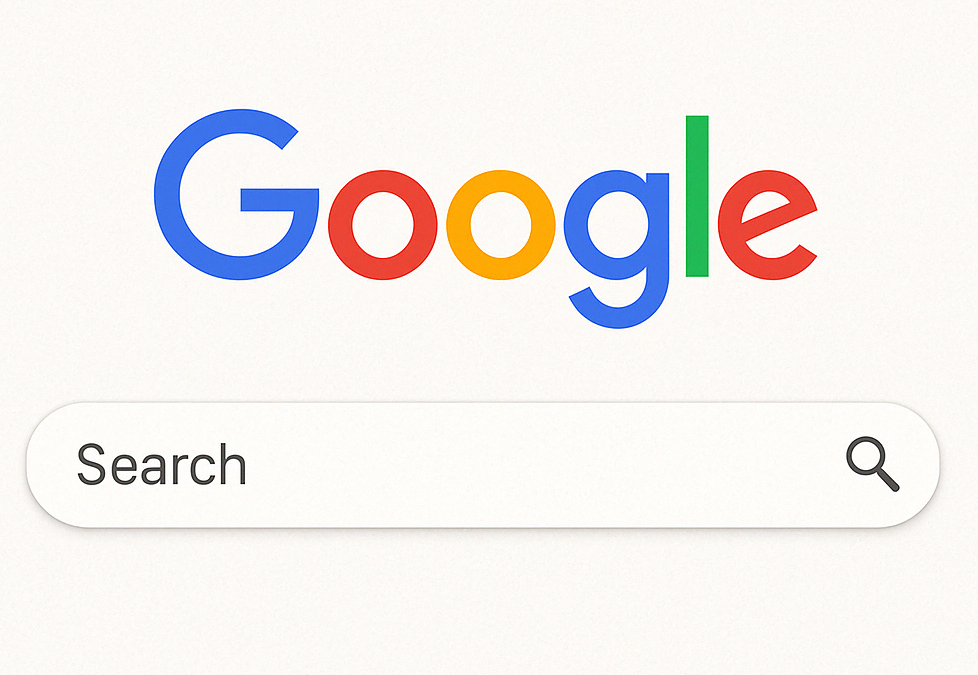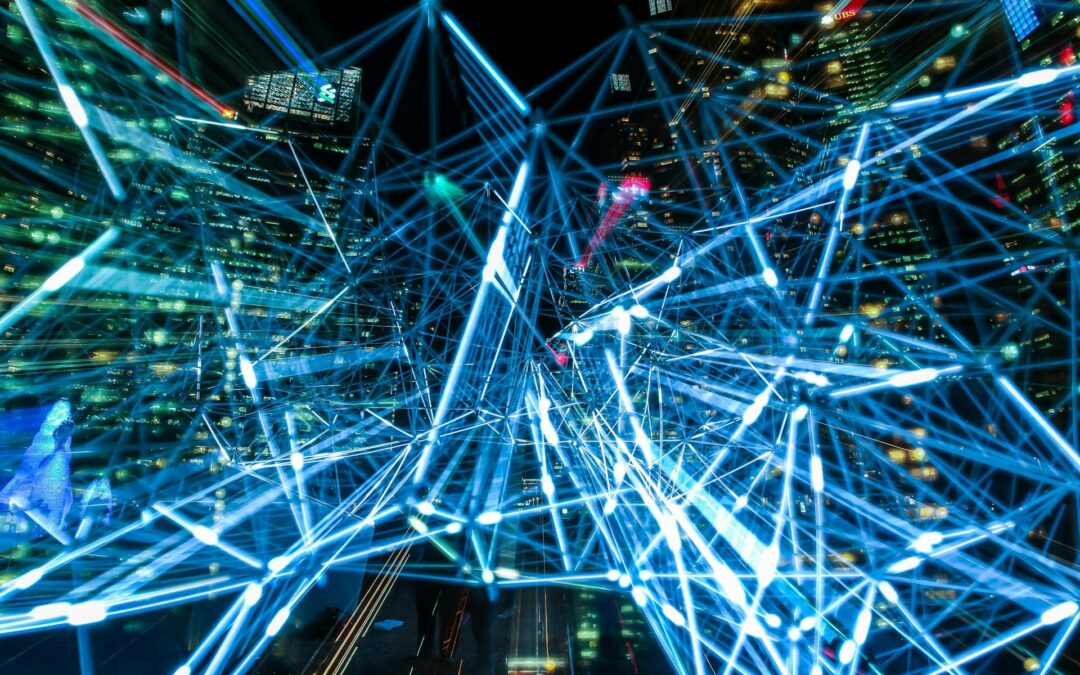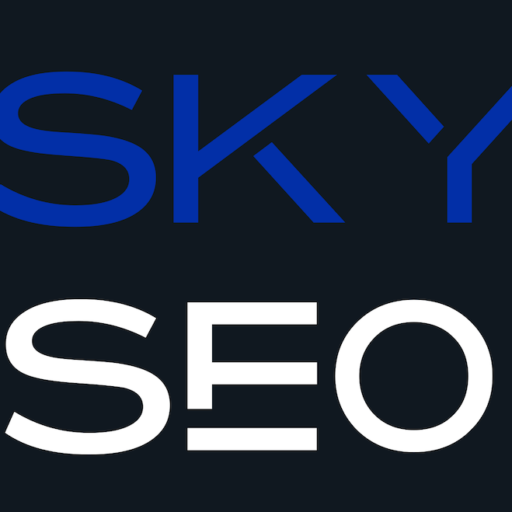In recent years, the use of artificial intelligence (AI) in content creation has been gaining popularity among marketers and publishers. While some express concerns about the quality of AI-generated content, others see it as a valuable tool for improving efficiency and speeding up the content creation process. This article explores the benefits and concerns of using AI in content creation and how marketers and publishers can ensure that their AI-generated content meets Google’s quality guidelines.
Google Approves of Quality AI Content
Google, the world’s most popular search engine, has recently clarified its policies regarding the use of AI-generated content. According to the company’s quality guidelines, content should be “useful and informative” and provide “original, high-quality content.” AI-generated content that meets these standards is not prohibited.
This clarification comes as a relief to many marketers and publishers who were unsure about the use of AI in content creation. With Google’s stamp of approval, they can now use AI to create content without fear of penalties or removal from search results, as long as the content meets Google’s quality guidelines.
Avoid Low-Quality Content
However, it’s important to note that Google’s policies still prohibit the use of AI to generate low-quality content that is intended to manipulate search rankings or deceive users. This type of content is in violation of Google’s policies and could result in penalties or even removal from search results.
Rise of AI Content
The rise of AI in content creation has been driven by the desire for efficiency and speed. AI-powered tools can quickly generate blog posts, product descriptions, and other types of content, allowing marketers and publishers to produce more content in less time. Additionally, AI can help improve the quality of content by analyzing data and user behavior to identify trends and insights that can be used to create more targeted and effective content.
Benefits of Using AI in Content Creation
Using AI in content creation has several benefits that can help marketers and publishers produce content that is both high-quality and effective. Some of the benefits include:
- Improved Efficiency: AI-powered tools can create content faster than human writers, freeing up time for other tasks.
- Data-Driven Insights: AI can analyze data and user behavior to identify trends and insights that can be used to create more targeted and effective content.
- Improved Accuracy: AI can help reduce errors and improve the accuracy of content by identifying grammar and spelling mistakes.
- Scalability: AI-powered tools can create large volumes of content quickly and efficiently, making it easier to scale content production.
Concerns with Using AI in Content Creation
Despite the benefits of using AI in content creation, there are also concerns about its quality and impact on human writers. Some of the concerns include:
- Lack of Creativity: AI-generated content lacks the creativity and nuance of human-written content, leading to a bland and generic output.
- Decrease in Demand for Human Writers: The use of AI could lead to a decrease in the demand for human writers, as companies turn to AI-powered tools to create content.
- Over-Reliance on AI: Companies may become over-reliant on AI-powered tools, leading to a decrease in the quality of content.
Ensuring Quality Guidelines with AI-Generated Content
To address these concerns, it’s important for marketers and publishers to ensure that AI-generated content meets the standards of Google’s quality guidelines. This means creating content that is useful, informative, and provides value to users. It also means using AI as a tool to supplement, rather than replace, human writers. By combining the creativity and nuance of human writers with the efficiency and insights of AI-powered tools, companies can create content that is both high-quality and effective.
AI Usage Will Gain Momentum
In the future, we can expect the use of AI in content creation to continue to rise, as more and more companies seek to improve the efficiency and effectiveness of their content marketing efforts. However, it’s important to remember that AI-generated content is not a replacement for human writers, but rather a tool to supplement their work. By ensuring that the content meets high standards of quality and using AI in a responsible and ethical manner, we can harness the power of AI to create content that is both effective and engaging for users.









